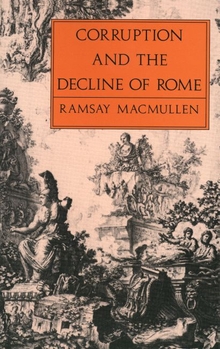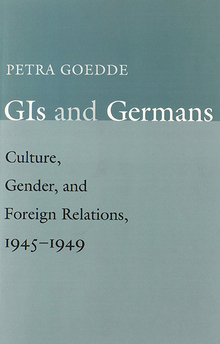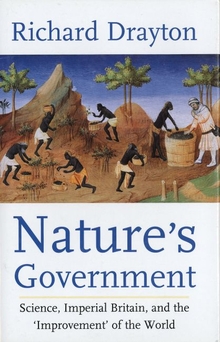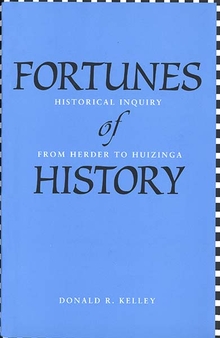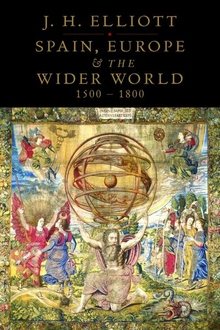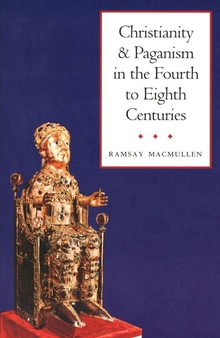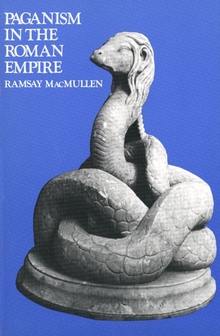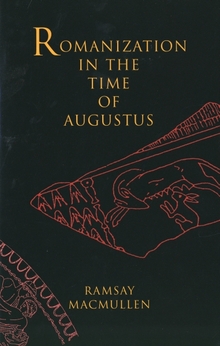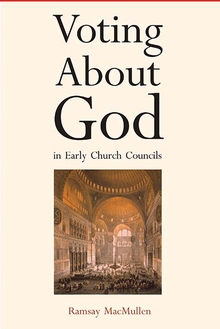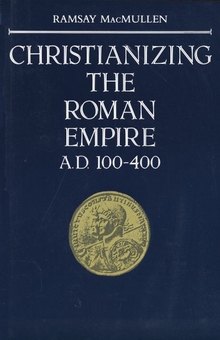Corruption and the Decline of Rome
WARNING
You are viewing an older version of the Yalebooks website. Please visit out new website with more updated information and a better user experience: https://www.yalebooks.com
Ramsay MacMullen
Prominent historian Ramsay MacMullen here offers a new perspective on the decline and fall of Rome. MacMullen argues that a key factor in Rome’s fall was the steady loss of focus and control over government as its aims were thwarted for private gain by high-ranking bureaucrats and military leaders. Written in an informal and lively style, his book—the culmination of years of research and thoughtful analysis—provides a fascinating, fresh line of investigation and shows convincingly that the decline of Rome was a gradual, insidious process rather than a climactic event.
“An important book which will initiate a long debate. . . . What is new in MacMullen’s argument is not the existence of this corruption but its sheer scale and long-term global effects. . . . A vivid and frightening picture of how a great state and civilization, the construction of centuries of painfully acquired political culture, can be cripplingly undermined.”—Stephen Williams, History Today
“A powerful account of the vices of late Roman society, which certainly helps us to understand some aspects of its partial fall.”—Jasper Griffin, New York Review of Books
“All students of history must welcome this wide-ranging book from so eminent an authority. MacMullen’s knowledge of the ancient evidence is encyclopedic and his deceptively casual style and deliberate avoidance of technical terms make this an accessible and stimulating book for the general reader as well as for the specialist.”—Jill Harries, International History Review
“MacMullen’s book is excellent: rich and learned in detail, lively in style, and in argument and insights highly stimulating.”—S. J. B. Barnish, Times Higher Education Supplement
“An important book which will initiate a long debate. . . . What is new in MacMullen’s argument is not the existence of this corruption but its sheer scale and long-term global effects. . . . A vivid and frightening picture of how a great state and civilization, the construction of centuries of painfully acquired political culture, can be cripplingly undermined.”—Stephen Williams, History Today
“A powerful account of the vices of late Roman society, which certainly helps us to understand some aspects of its partial fall.”—Jasper Griffin, New York Review of Books
“All students of history must welcome this wide-ranging book from so eminent an authority. MacMullen’s knowledge of the ancient evidence is encyclopedic and his deceptively casual style and deliberate avoidance of technical terms make this an accessible and stimulating book for the general reader as well as for the specialist.”—Jill Harries, International History Review
“MacMullen’s book is excellent: rich and learned in detail, lively in style, and in argument and insights highly stimulating.”—S. J. B. Barnish, Times Higher Education Supplement
“[Macmullen is]one of the most outstanding historians of the ancient world.”—Anthony A. Barrett, The Historian
"MacMullen’s book steps far outside the narrow investigation that its title might seem to promise, and therein lie its strength and abiding value. . . . The central theme of the book is how power was exercised in the Roman Empire, and on this the author has a great deal to say that is illuminating. . . . Not the least of the book’s merits is its long introductory chapter. . . . MacMullen writes throughout in an engaging, rather conversational style."—T. D. Barnes, Classical Views
"MacMullen extends his gaze to the whole sweep of the Roman Empire. Characteristically, the product is rich and diverse. MacMullen seems to have read everything: his reader is treated to a wonderful array of anecdotes, recondite pieces of information, amusing snippets. . . . It is vintage MacMullen, down to the engaging and colourful style."—C. E. V. Nixon, Ancient History
"This book is powerful, original and highly stimulating, presenting a savory slice of Roman reality that is much worth reading."—Michael P. Speidel, American Historical Review
"MacMullen continues easily to digest massive amounts of primary and secondary material, to find the perfectly illustrative instance, to write unusually readable prose, and to instruct us from the perspective of ’historical sociology’. . . . The book is an admirable contribution to a classic scholarly genre--with the inevitable warnings about contemporary American parallels."—Robert J. Penella, Religious Studies Review
"A splendid example of how successfully the methods of historical sociology can elucidate the traditional narrative material of ancient history. . . . MacMullen’s range and depth of learning are abundantly apparent in this study in the archaeological, epigraphic, and narrative detail which supports his arguments. . . . MacMullen raises and confronts the theoretical issues that lie at the heart of understanding a cultural transformation which had ramifications that extended beyond attitudes and mores to the political shape and endurance of the whole Roman Empire."—Callie Williamson, Journal of Interdisciplinary History
"All students of history must welcome this wide-ranging book from so eminent an authority. . . . This [is] an accessible and stimulating book for the general reader as well as for the specialist. . . . MacMullen has done an important service in highlighting the importance of corruption in the later Roman Empire."—Jill Harries, International History Review
"An important book which will initiate a long debate. . . . A vivid and frightening picture of how a great state and civilization, the construction of centuries of painfully acquired political culture, can be cripplingly undermined."—Stephen Williams, History Today
"Ramsay MacMullen, Dunham Professor of Classics and History at Yale, is arguably the finest Roman historian America has produced. . . . His arguments demonstrate good sense, buttressed by data not speculation."—Erich Segal, The Independent
"It is a seductive thesis, told with brio and all the guarantees of scholarship."—The Economist
"MacMullen considers the economics, and especially the sociology, of Rome’s decline as he observes ’the will of a great empire dissolving in the uncontrolled impulses of private enterprise.’"—Frances Taliaferro, Newsday
"A fine study in political sociology. It poses the deep problem of when patron-client political systems can be militarily effective."—Arthur Stinchcombe, Northwestern University
"MacMullen is very widely read; over 700 books and articles are cited. He has a good eye for an interesting topic on a grand scale, and he is not afraid to chance his arm on modern parallels."—Keith Hopkins, Times Literary Supplement
Ramsay MacMullen is the recipient of a lifetime Award for Scholarly Distinction from the American Historical Association (awarded Jan. 5, 2001). The citation begins, “Ramsay MacMullen is the greatest historian of the Roman Empire alive today.”
ISBN: 9780300047998
Publication Date: July 25, 1990
Publication Date: July 25, 1990
331 pages, 6 1/8 x 9 1/4
17 b/w illus.
17 b/w illus.

